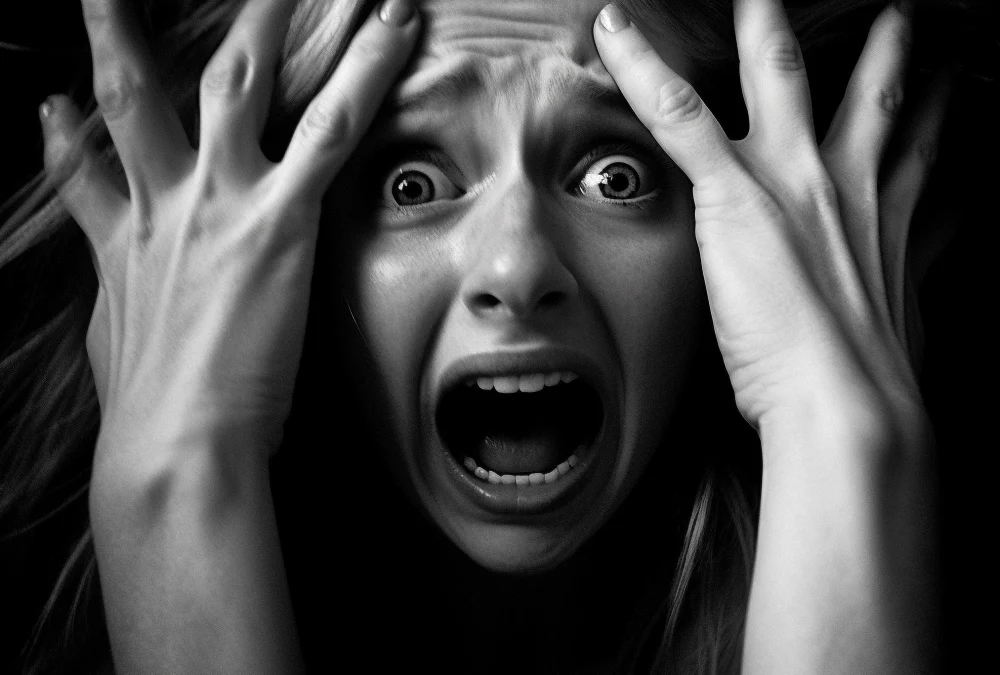Phobias are a type of anxiety disorder characterized by an excessive and irrational fear of specific objects, situations, or activities. These fears are persistent and can lead to significant distress and avoidance behaviors. Phobias are generally divided into two main categories: specific phobias and social phobia (also known as social anxiety disorder).
-
Specific Phobias: Specific phobias involve an intense fear and avoidance of a particular object or situation. Common specific phobias include fear of heights (acrophobia), spiders (arachnophobia), flying (aviophobia), closed spaces (claustrophobia), and needles (trypanophobia), among others. The fear is usually recognized as excessive or unreasonable, but individuals may still experience high levels of anxiety when faced with the phobic stimulus.
-
Social Phobia (Social Anxiety Disorder): Social phobia is characterized by a persistent fear of social situations or performance situations where a person is exposed to possible scrutiny or judgment by others. Individuals with social phobia may fear public speaking, meeting new people, attending social gatherings, or performing in front of others. The fear of embarrassment or humiliation in social situations can lead to avoidance behaviors and significant impairment in daily functioning.
The exact causes of phobias are not fully understood, but they can develop as a result of a combination of genetic, environmental, and psychological factors. Traumatic experiences, learned behaviors, and cultural influences can contribute to the development and maintenance of phobias.
Treatment for phobias often involves a combination of therapy and, in some cases, medication. Cognitive-behavioral therapy (CBT) is a commonly used therapeutic approach that helps individuals identify and challenge irrational thoughts and beliefs associated with their phobias. Exposure therapy, a specific form of CBT, gradually exposes individuals to the feared object or situation in a controlled and supportive environment, allowing them to develop coping mechanisms and reduce anxiety responses. Medications such as beta-blockers or anti-anxiety medications may be prescribed to manage symptoms in certain cases.
It’s important to seek professional help if a phobia significantly interferes with daily life or causes significant distress. A mental health professional can provide an accurate diagnosis, develop an appropriate treatment plan, and offer support in overcoming phobias.






